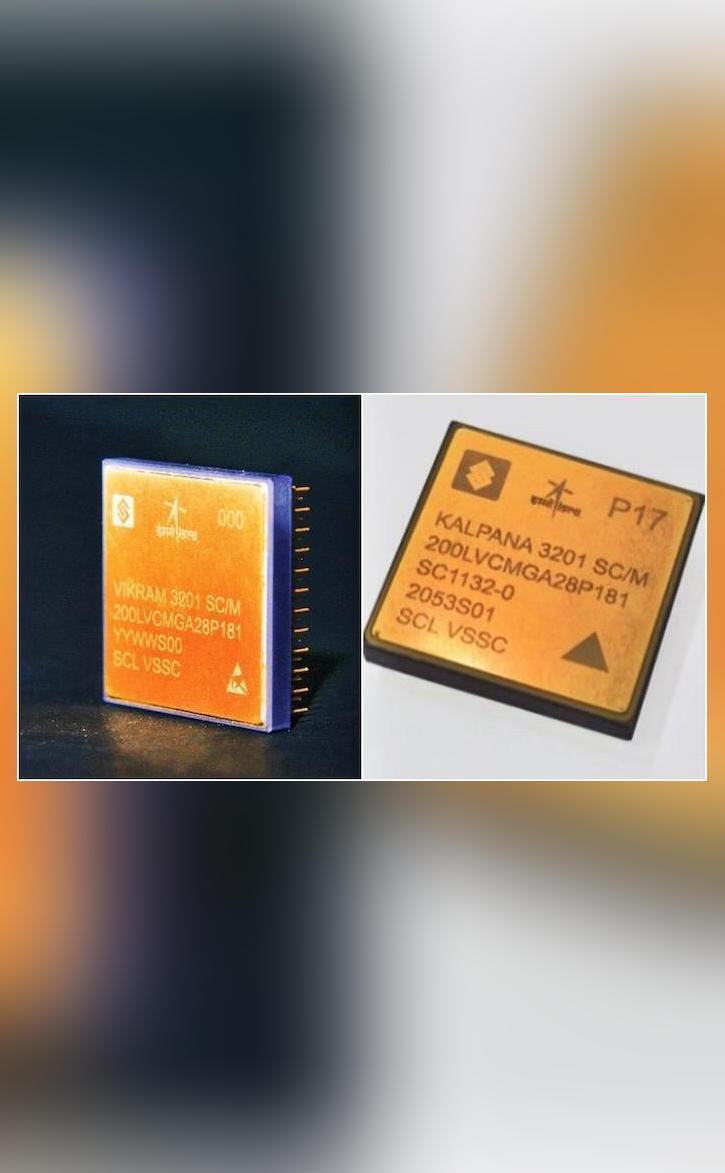
ISRO & SCL Develop 32-bit Microprocessors for Space Applications
The Indian Space Research Organisation (ISRO) and the Semiconductor Laboratory (SCL) in Chandigarh have made a significant breakthrough in the field of space technology by jointly developing two 32-bit microprocessors, VIKRAM3201 and KALPANA3201. These microprocessors have been designed specifically for space applications, and their development is a testament to India’s growing capabilities in the field of space technology.
VIKRAM3201 is the first fully “Make-in-India” 32-bit microprocessor that is qualified for use in the harsh environmental conditions of launch vehicles. This achievement is a major milestone for ISRO and SCL, as it marks the first time that an Indian-developed microprocessor has been qualified for use in space applications.
The development of VIKRAM3201 and KALPANA3201 is a result of a collaborative effort between ISRO and SCL. The SCL, which is a premier research and development institution in the field of semiconductor technology, has extensive experience in the design and development of microprocessors. ISRO, on the other hand, has a wealth of experience in space technology and has been at the forefront of India’s space program.
The VIKRAM3201 microprocessor is a 32-bit processor that is based on a 5V power supply and has a clock speed of 20 MHz. It has a memory bandwidth of 16 MB/s and a memory capacity of up to 64 MB. The processor also has a number of advanced features, including a built-in floating-point unit, a memory management unit, and a cache memory.
KALPANA3201, on the other hand, is a 32-bit processor that is based on a 3.3V power supply and has a clock speed of 20 MHz. It has a memory bandwidth of 16 MB/s and a memory capacity of up to 64 MB. The processor also has a number of advanced features, including a built-in floating-point unit, a memory management unit, and a cache memory.
Both VIKRAM3201 and KALPANA3201 have been designed to operate in the harsh environmental conditions of space, including extreme temperatures, radiation, and vibration. They are also designed to be highly reliable and have a long lifespan, making them ideal for use in space applications.
The development of VIKRAM3201 and KALPANA3201 is a significant achievement for ISRO and SCL, as it marks the first time that Indian-developed microprocessors have been qualified for use in space applications. This achievement is a testament to the growing capabilities of Indian industry in the field of space technology and demonstrates India’s ability to design and develop high-quality microprocessors for use in space applications.
The impact of this development will be far-reaching, as it will enable India to reduce its dependence on foreign microprocessors for its space programs. This will not only save costs, but also enable India to develop its own space technology and reduce its reliance on foreign powers.
In conclusion, the development of VIKRAM3201 and KALPANA3201 by ISRO and SCL is a significant achievement that marks a major milestone in the field of space technology. The microprocessors have been designed specifically for space applications and are qualified for use in the harsh environmental conditions of launch vehicles. This achievement is a testament to the growing capabilities of Indian industry in the field of space technology and demonstrates India’s ability to design and develop high-quality microprocessors for use in space applications.






